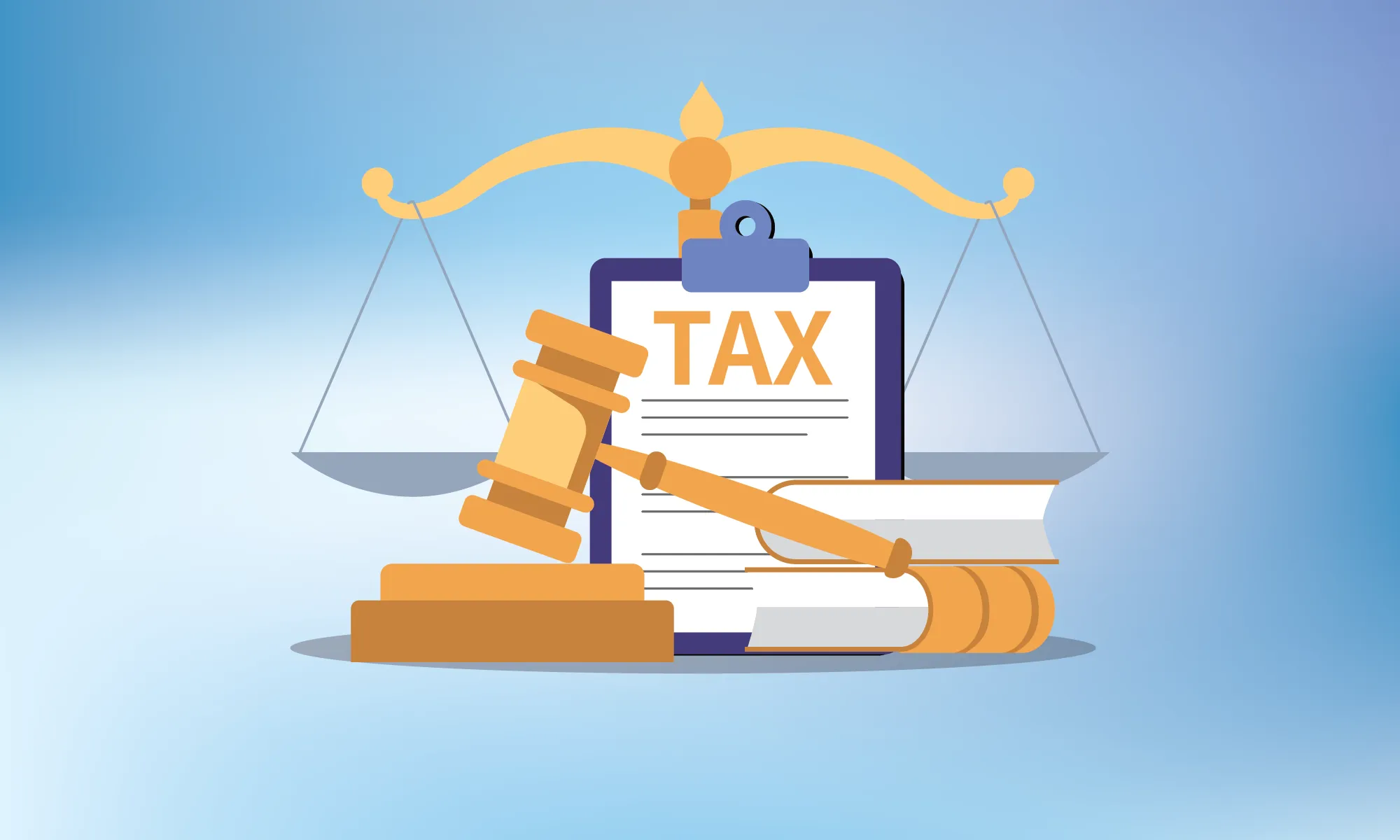Since July 1, 2022, it is officially compulsory to apply electronic invoices for businesses operating in Vietnam.
Background
The Vietnamese e-invoicing journey started in September 2018 with the publication of Decree 119 laying the foundations for the introduction of mandatory e-invoicing to go live on November 1, 2020. However, this was postponed by the government merely 1 month before this go-live date. In October 2020 the Vietnamese government issued Decree 123 which deferred the mandate effect date to Jul 1, 2022.
What is the requirement?
Businesses in the scope of the regulations must issue all invoices electronically to their trading partners (this might require the code of the tax authority), or report their transactions in real-time to the General Department of Taxation (GDT).
Who is in scope?
All enterprises established and operating under Vietnamese law; branches and representative offices of foreign enterprises operating in Vietnam.
Which invoices are in scope?
Invoice types that are in scope of the requirements:
- Export invoices
- VAT invoice (i.e. commercial transactions)
- Sales invoices (i.e. retail transactions)
- Other invoices include: stamps, tickets, cards, insurance receipts
- Air freight receipts, international freight receipts, banking service charge receipts
Additionally, the above invoice types are categorized into two types of electronic invoices:
(i) with the tax authority's confirmation code and
(ii) without the tax authority's confirmation code.
E-invoices with verification codes can be used to file tax returns.
What is meant by electronic invoice?
Electronic invoice (e-invoice) means an invoice which is represented in the regulated structure XML form, is created by an organization or individual selling goods or providing services, shows the information about the supply of goods or services, and contains the digital signatures and electronic signatures of the supplier. An e-invoice includes those invoices or receipts created by Point of sale (POS) cash registers.
E-invoicing format:
There is a prescribed Local XML format for e-invoices which consists of 2 components:
- A component containing electronic invoice business data
- A component containing digital signature data.
For e-invoices with the tax authority's code, there is an additional component containing data related to the tax authority's code.
Note: POS issued e-invoices are not required to be digitally signed.
What do businesses need to do?
Preparation for switching to e-invoices:
Businesses need to register before using e-invoices (with or without tax identification numbers) to be approved by the tax authorities through the website of the General Department of Taxation.
In the case of using the point of sale (POS) system, the seller needs to register to use the electronic invoice sent by the POS system to transfer data online with the tax department.
E-invoices must be in Vietnamese. Although other languages can be included, they cannot replace Vietnamese.
To register for e-invoices, businesses need to take the following steps:
- Before using invoices, businesses must register the use of e-invoices with tax authorities according to Form No. 01/DKTD- The Appendix IA e-invoice is issued together with Decree No. 123/2020/ND-CP, through an e-invoice service provider or the portal of the General Department of Taxation.
- Obtain a digital signature approved by the GDT.
- Generate a sample invoice, sign and send it to the GDT for approval.
- Get PDF template approved by GDT if this is to be sent as well to the intended receiver along with the XML.
Once the taxpayer has obtained permission to start issuing e-invoices, they can begin to do so. This means they are able to start generating all their invoices in the regulated XML format and exchanging them with their customers. This is normally done via email with the XML and PDF representation attached.
Businesses that are required to obtain the code of the tax authority will have to report their invoices to the tax authority for validation before sending the invoice to their intended buyer/customer.
How can Fonoa help?
At Fonoa we are experts in the field of E-Invoicing and Digital Reporting. We can help you make sense of the evolving reporting landscape across the world. Speak to an expert like Trent, and see how we can simplify reporting for your business.
Tags: Vietnam, e-invoicing, reporting
Additional Resources:
















